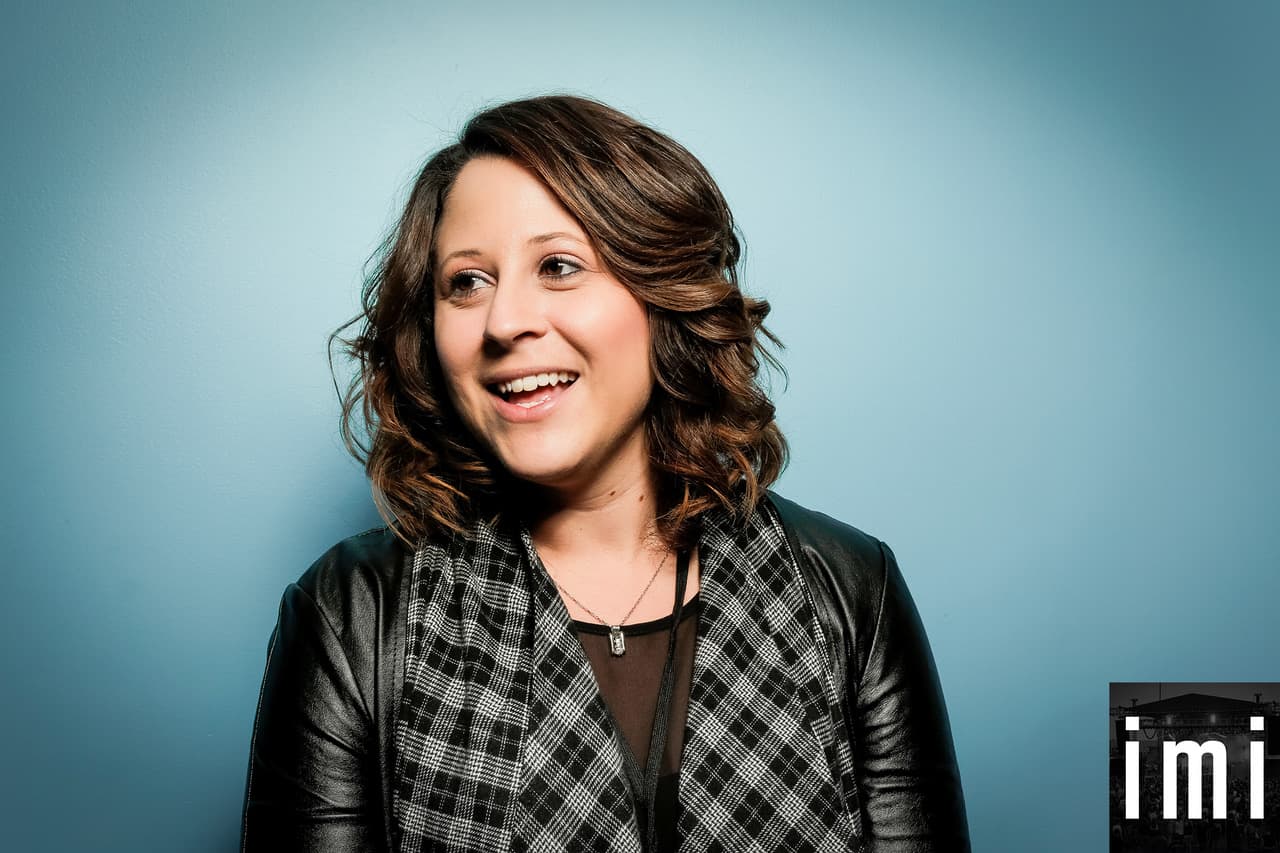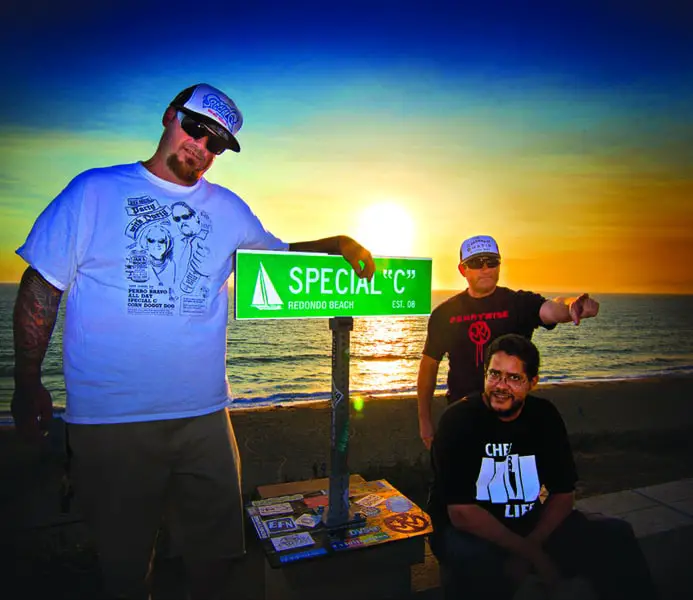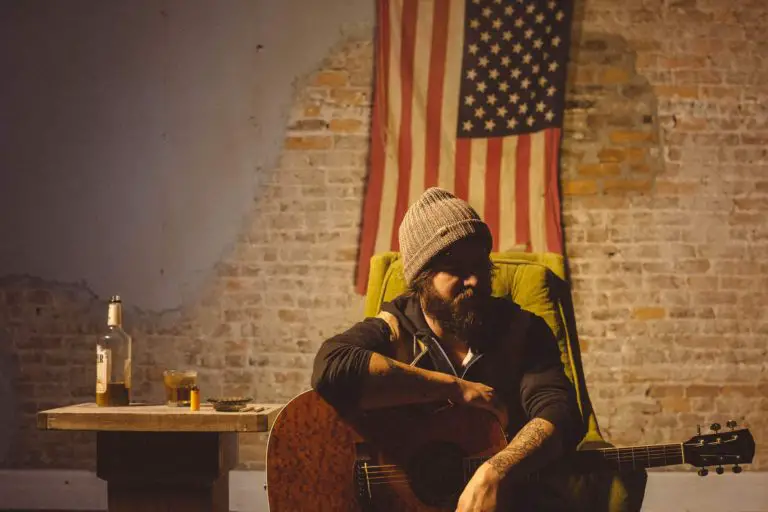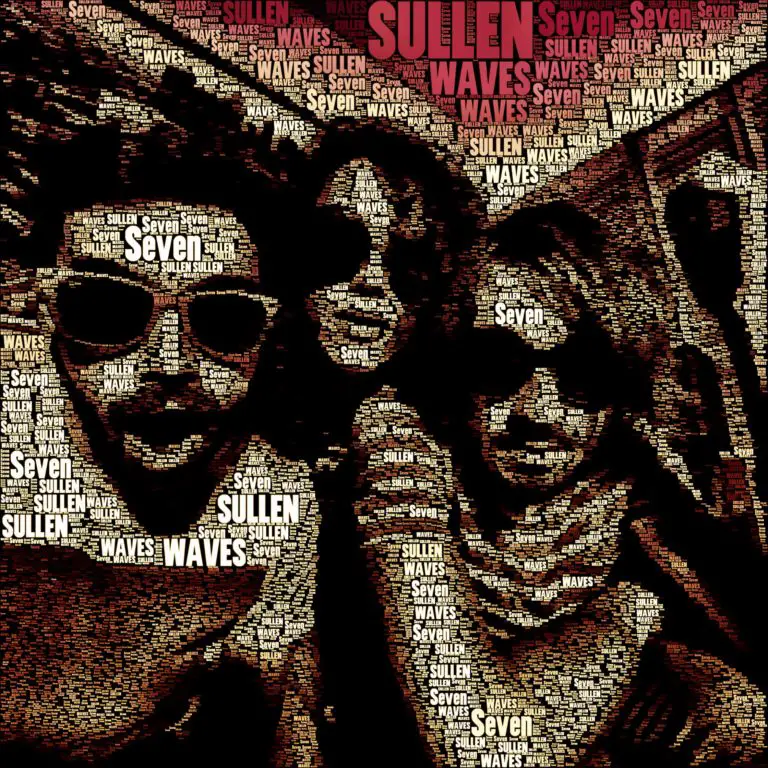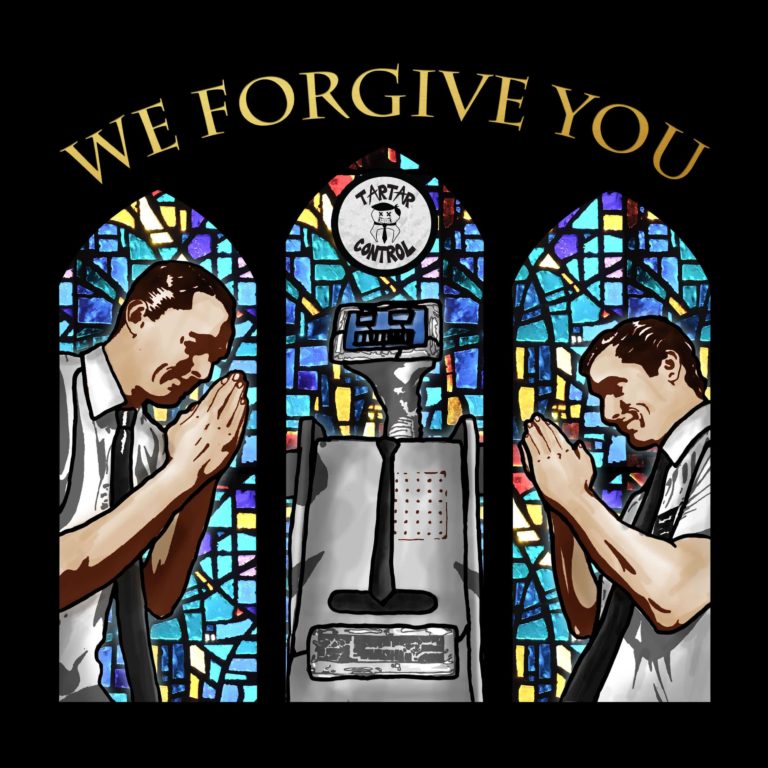Jen Appel Shares Insights from The Catalyst Publicity Group
Publicist, professor, entrepreneur, CEO and all-around badass Jen Appel has become an expert at propelling bands’ careers to new heights. Her team at The Catalyst Publicity Group has helped hundreds of bands skyrocket to success by getting their music into the hands of journalists around the globe. Jen recently told By The Barricade all about publicity red flags, tools of the trade, and her extraordinary journey to CEO. Check out the full interview below:
You told Music Biz 101 about your experience working for a sketchy rap label before founding The Catalyst Publicity Group in 2012. Can you elaborate on some of the red flags artists should look out for when working with a PR agency?
When entering the music industry, either as a professional wanting to represent and work with musicians or being a musician in the industry, it is important to remember to go with your gut on everything. If you have an inkling that something is not up to par with your expectations or something doesn’t seem to be connecting, you have the right to say something. In the case of my position prior to Catalyst, I had a feeling something wasn’t right and took my instincts to the proper channels to make sure I wasn’t wrong. For me, it turned out I was right, I got lucky. For an artist looking to hire a PR agency, there are a few things one should remember. Nothing is ever guaranteed so it is important to align with the right publicist and agency that understands your vision, your brand, and your work ethic. It is also important to do the right research before inquiring about a publicity campaign. I’ve always been a firm believer that if you are going to run a PR agency, it should be done in the most utmost professionalism. Contracts are important to have to ensure there is no discrepancy between parties. It would be a red flag to me if I reached out to an agency that was built off a handshake or had no proper means of running their business. This industry is all about communicating so if you inquire and the agency representative doesn’t reply in a reasonable fashion, it can be similarly correlated to how they would react during and throughout the campaign. The best advice I can offer is to go with your gut, do the right research, and make sure it is a step in the right direction for your career.
Which books do you recommend upcoming artists read?
Outside of Catalyst, I am also a professor at Florida Atlantic University and Johnson & Wales University. I’ve been fond of the following:
Berklee Press – Music Marketing: Press, Promotion, Distribution, and Retail by Mike King
Mass Communication: Living in a Media World | Edition: 5 By Ralph E. Hanson
Music 4.0 A Survival Guide for Making Music in The Internet Age by Bobby Owsinski
How do you see the world of music pr changing in the near future?
I truly believe that there is a dynamic shift in the way music PR will function in the near future. With the dwindling amount of print press and the decrease in premiere opportunities, it is becoming an interesting landscape. However, I feel it is a perfect time for a change. The world is changing around us and there are so many opportunities for musicians to align with the right foundation to push their music. For instance, I’ve become really interested in brand development and social media inclusion for pushing an artist to the right market for the best fan engagement. It is important above all to have impeccable music and a solid brand to be able to target the right demographic. When you have everything in place, press will be an easier and more accessible market to pursue. The world of music PR will undoubtedly change, and in my opinion, for the better!
You’ve really helped By the Barricade secure past interviews (Sometimes at shows in the middle of the night). What’s the craziest music call you’ve received in the middle of the night?
And thank you for all of the coverage! It’s publications like By The Barricade that provide a foundation for our clientele, so we appreciative of the efforts! I’ve had a few crazy instances happen over the years but can honestly say I am thankful to never have woken up in the middle of the night due to a crisis situation. I’ve had a weekend become filled with crisis management support but nothing out of the ordinary. I feel so fortunate to have worked such campaigns so I am as prepared as possible, but nothing can prepare you 100% for the inevitable call from a client that an instance has occurred.
While running The Catalyst Publicity Group, you are also an associate graduate faculty professor at Florida Atlantic University and an adjunct professor at Johnson & Wales University. How have previous teachers and professors affected your teaching style?
Thank you for this question! I absolutely love talking about teaching style and how that can impact students. To provide some background, I have a learning disability. My reading comprehension, at times, can be difficult. I get overwhelmed, but I’ve learned to manage it from a very early age. I cannot thank my parents enough for recognizing this and helping to give me the foundation to learn new strategies to not overcome my disability (because that would be impossible) but to learn how to handle such instances and adapt. Throughout middle and high school, I was fortunate enough and confident enough to discuss strategies with my teachers, who would give me support on ways to study, that helped tremendously. When I entered college, it was a different ball game. No one had time to help or seemed to care until I entered my major. What a difference! My professors saw my passion, drive, and found a part of me that I could excel at. It was the first time in years that I felt this confidence that I could actually graduate (on time), with the grades I deserved, all because they cared. I’ve adapted this teaching style into every class for every student and every lesson. I’m fortunate to have class sizes between 10 and 60 students in a given semester so I do have the chance to get to know students one-on-one. I sit down with them, get to know them outside of the classroom and try to help build a career for each and every one of them. During class, I make sure each lesson is as real as possible by detailing stories that I’ve endured to having guest speakers and listening to students and what they’ve gone through. It can make a world of a difference by just listening to your students to hear what they have to say. I try to adapt every lesson to a practical measure to ensure they are taking away an important key element that can help them in the future.
I’ve heard you originally wanted to be an interior designer and had eight non-music internships in college. What’s your advice to current students switching majors?
I was dead set on becoming a designer like my mom, but the reality was it wasn’t for me and that is completely okay. The best advice I can offer students is figuring out your skills, hone in on them, and find similar career paths that can help you achieve your career goals. If I didn’t have a professor tell me I was a good communicator, I never would have found the communications department on campus. It makes all the difference by talking to someone that can help you find your path. If you decide to switch majors, that is okay. If it takes you 5, 6, 7 years to graduate because you are on a different path, that is okay. No one is judging you. Take your time. Soak up as much educational opportunities as possible and be selective on your courses. Pick and choose the right options, not the easy way out!
You’re also the faculty advisor for Florida Atlantic University student-run record label Hoot/Wisdom. How has being part of aspects outside of release campaigns changed the way you assist developing artists?
Being a Faculty Advisor for Hoot/Wisdom Recordings has been a wonderful experience. I’ve been able to see the full cycle of a musician release a project that was produced by other students doing it for the first time.It’s inspiring and impactful. We hone in on developing the artist for best steps, their first steps into their career by fine-tuning their branding, marketing, social media and more. It is important to make sure at the foundational level that a musician has the right support needed to be able to excel in the industry, and that’s what I hope to continue teaching to my students.
You’re a featured panelist at this year’s LAUNCH Music Conference. Can you give us a brief preview of what attendees can expect and your favorite part of Launch?
LAUNCH Music Conference is a wonderful weekend full of performances, panels, activities, and networking. It is by far my favorite conference to attend. The staff that coordinates the entire festival and conference do such a great job at making you (the attendee) feel special and important. When I arrive in Lancaster, not only am I charmed by the atmosphere, but I feel equivalent to others around me and that is a very special thing that the conference has pieced together. The panels are very real. You’ve got five or so professionals from all parts of the industry detail specific topics that are going to help musicians and their teams. In fact, I sit in on every panel because I take home a world of knowledge that I wouldn’t be able to find elsewhere. This year, I have the pleasure of speaking on a PR panel with some of my favorite publicists in the industry, and I am curating an entrepreneur panel this year (the first for the conference). I’m thrilled to provide some tools for industry professionals and musicians that want to be in the driver seat of their career and provide tips on how to get there.
You’ve worked with several non-profit organizations in the past. Are there any that you’re currently supporting?
When I started my career in Public Relations (and well before), I always made an effort to partner with nonprofits with everything I did in life, both personally or professionally. It is so important to give back and to do it in a way that you know you’re helping others. Throughout Catalyst’s existence, we’ve always found ways to tie in non-profit partnerships for our clients from everything like Planned Parenthood to Keep A Breast Foundation, Hope For The Day, Heart Support, Can You Hear Me?, American Cancer Society, and more. It is so important to give back when you can.
You and Scott Waldman talked about your hometown of Florida on a recent episode of Waldman’s Words. What up and coming local Florida band is on your radar and why?
I’ve been really fortunate to work with local act Letters To Part over the last year and love seeing them grow over time. Last year, we released an incredible record that was matched with glowing support from press. They’ve got a few things in the works that I cannot wait to announce and share. Also, I recently connected with a new act, East of Eden, and have been chatting with them a bunch about their next steps. It’s fun to consult and watch a band soak in the right information and put the hard work in that is needed to succeed. Definitely keep an eye out on them in the coming months!
Is there anything else you want to say to the readers of By The Barricade?
Thank you so much for this opportunity and taking the time to chat about Catalyst and my career. It means the world! For those interested in learning more about Catalyst, head over to CatalystGroupPR.com!
Keep it on Bythebarricade.com for tons of punk rock interviews, reviews, articles, and photos! Also, “Like” By the Barricade on Facebook to never miss a post.

